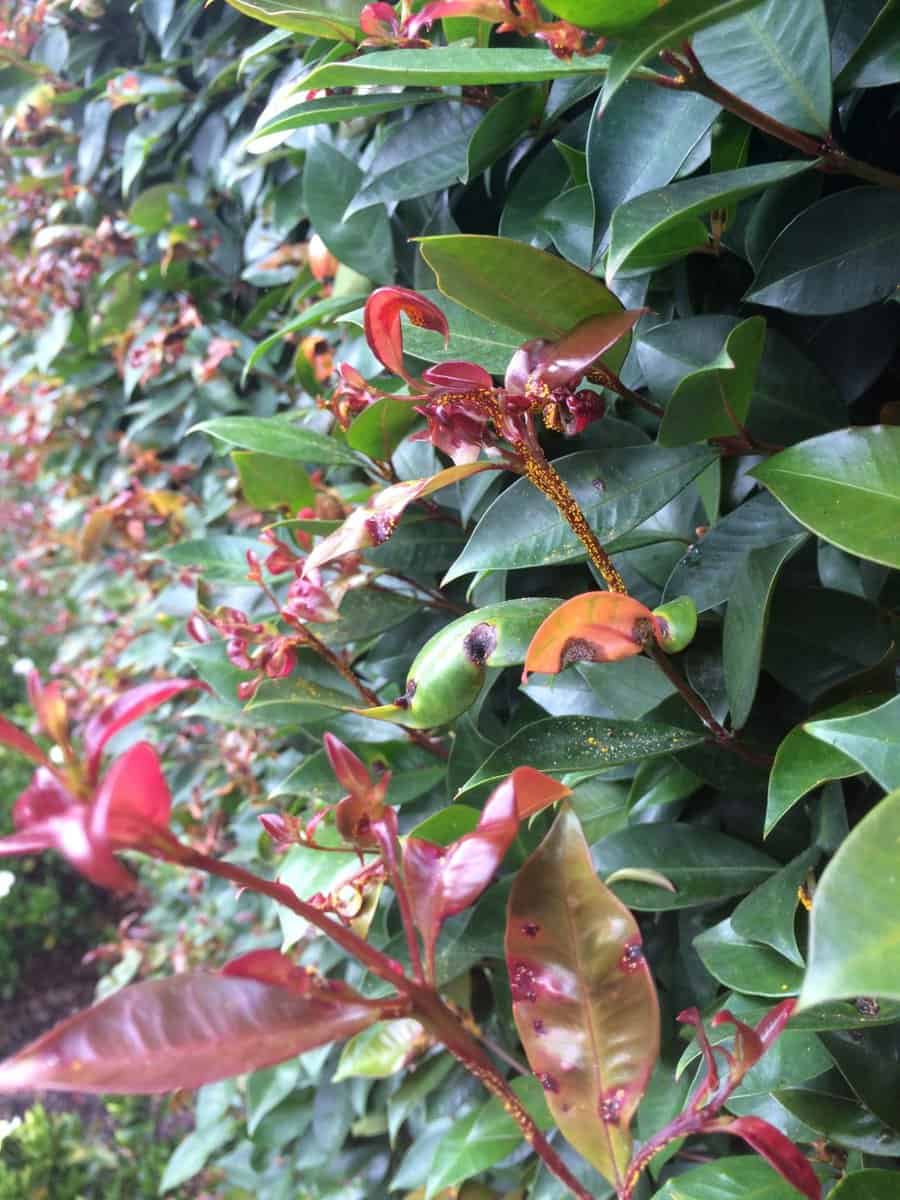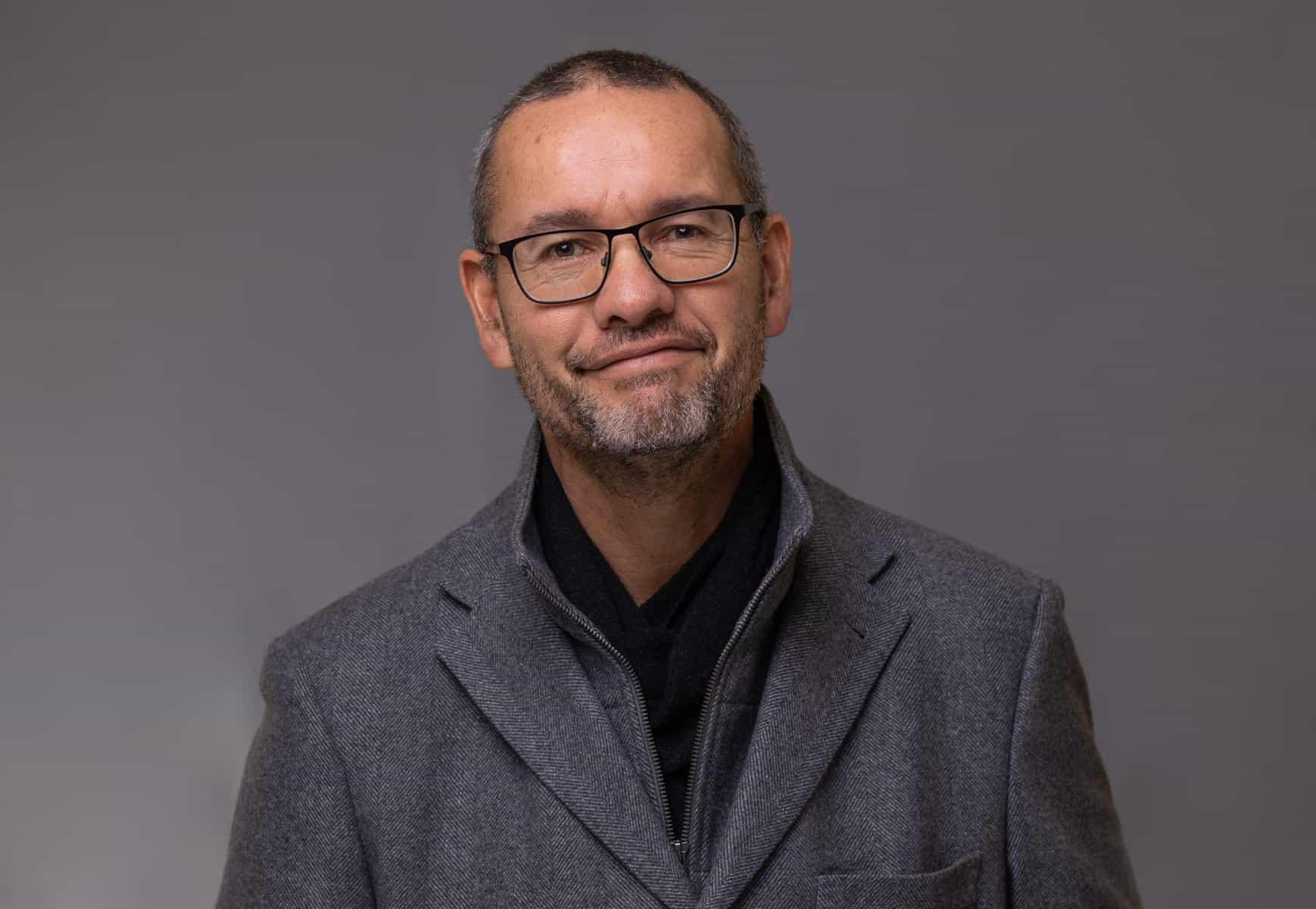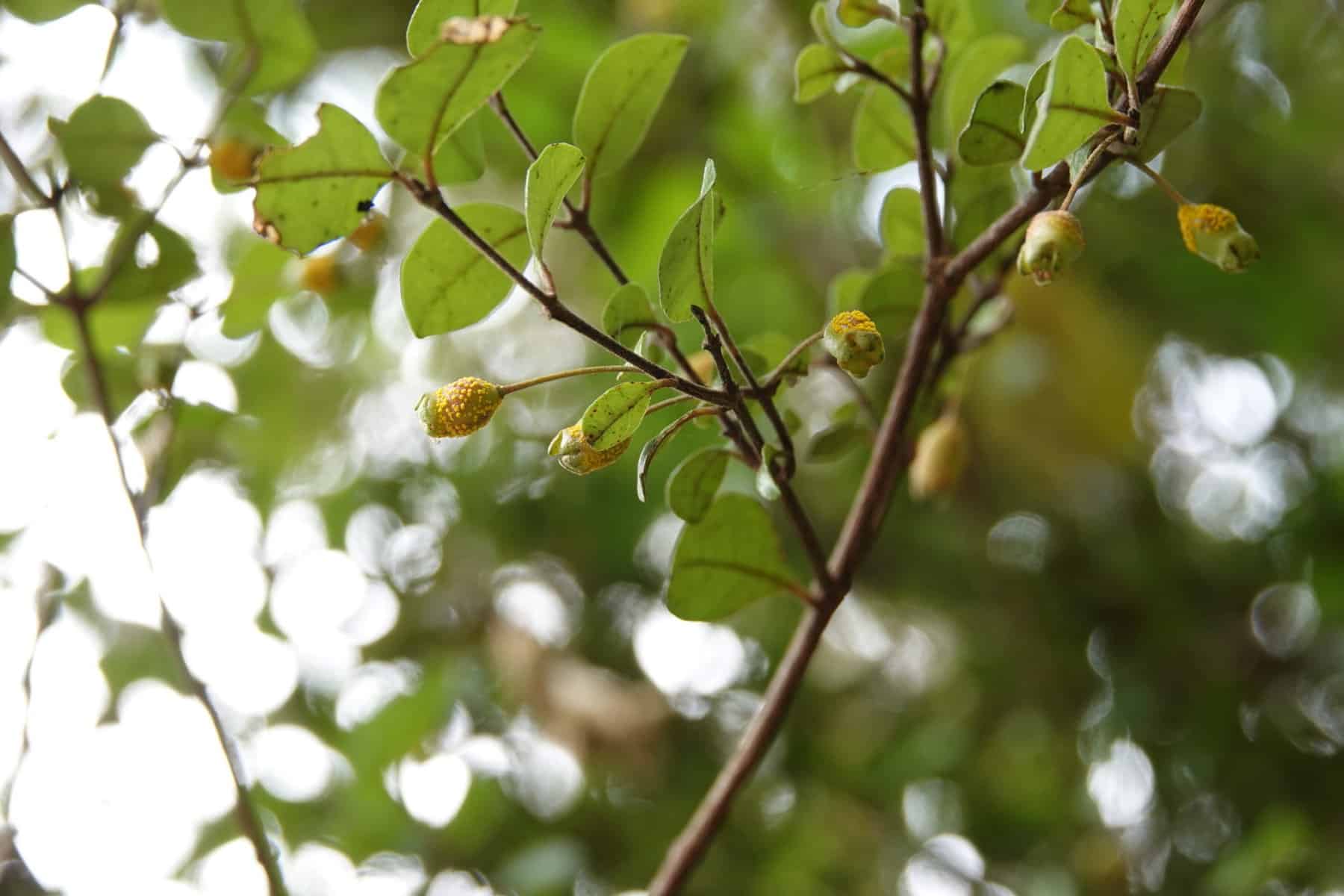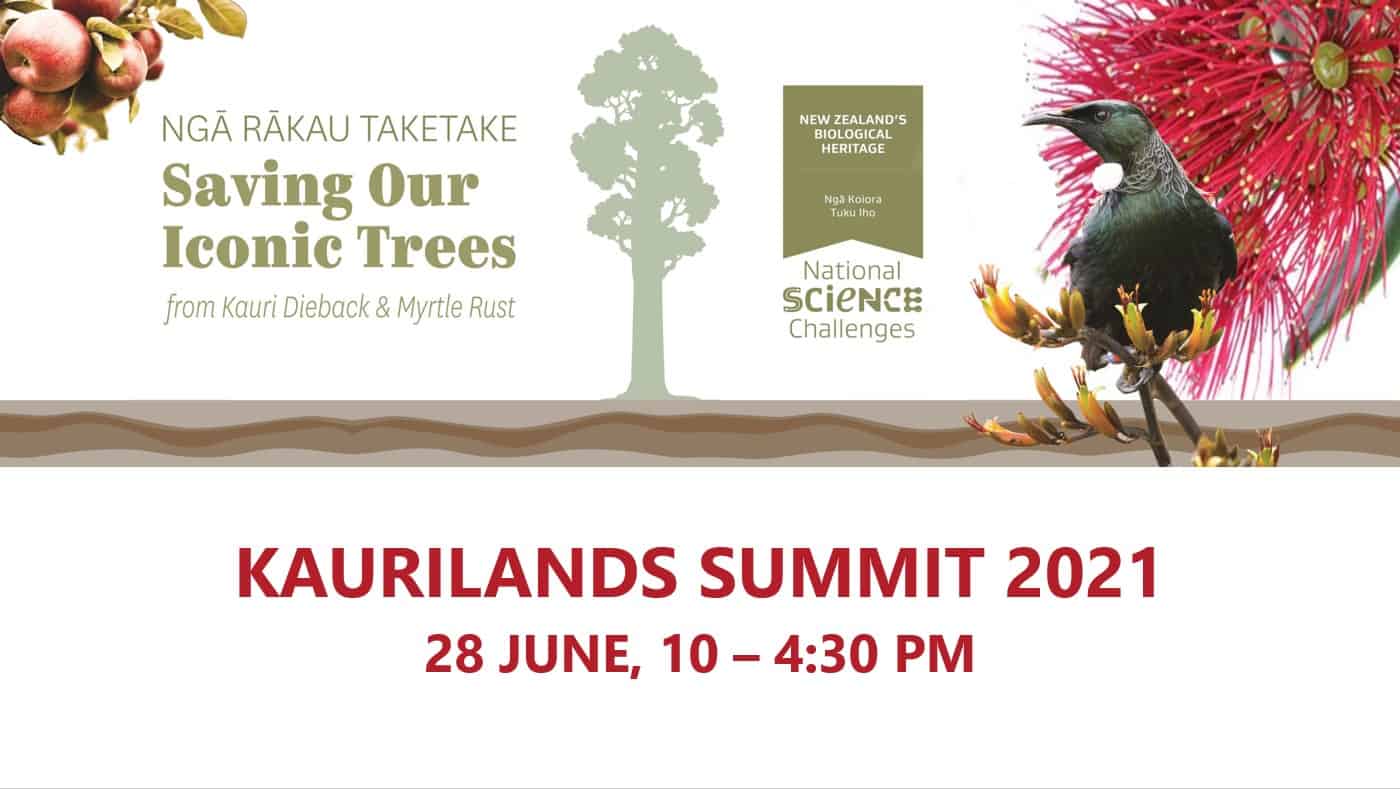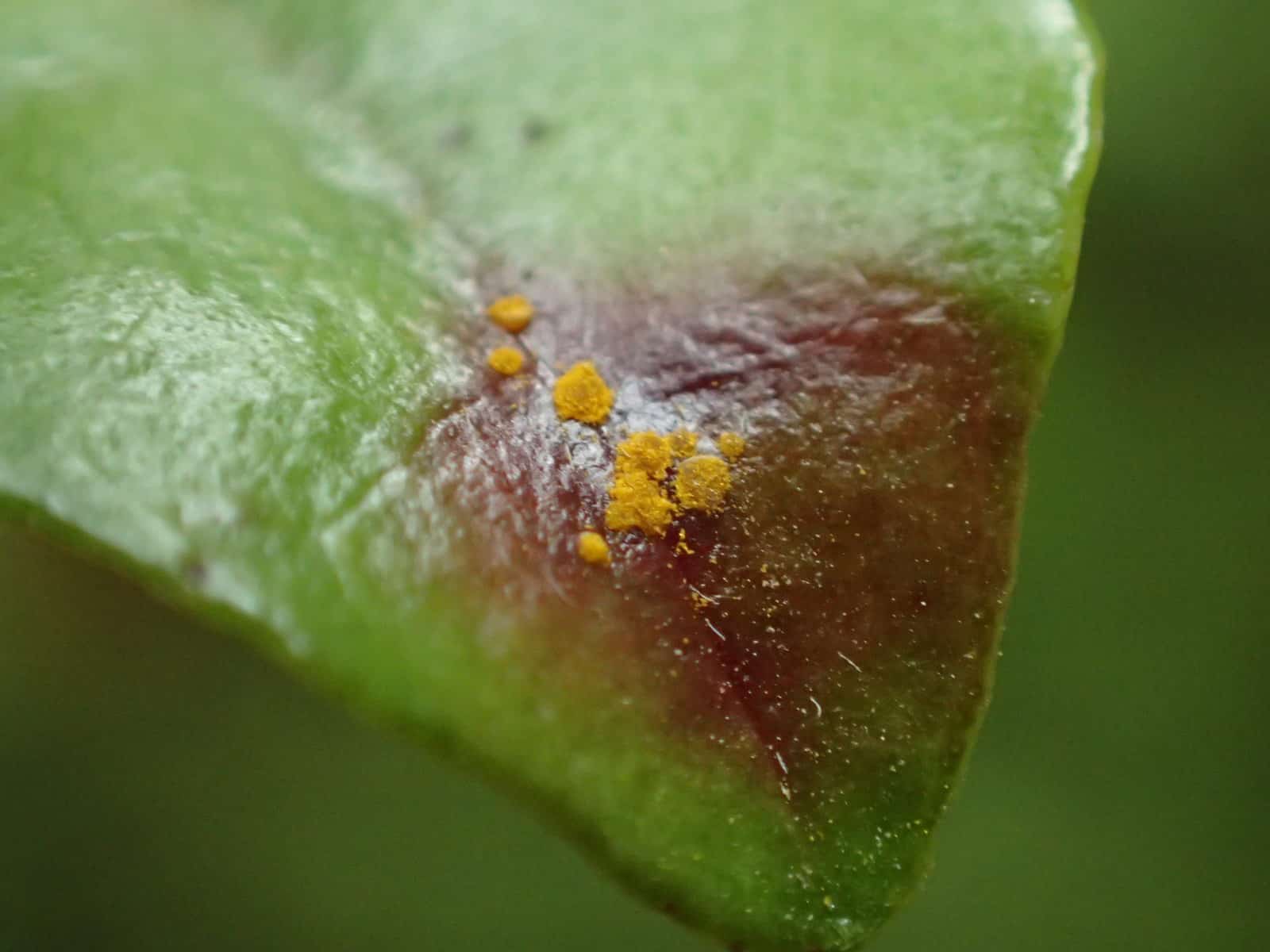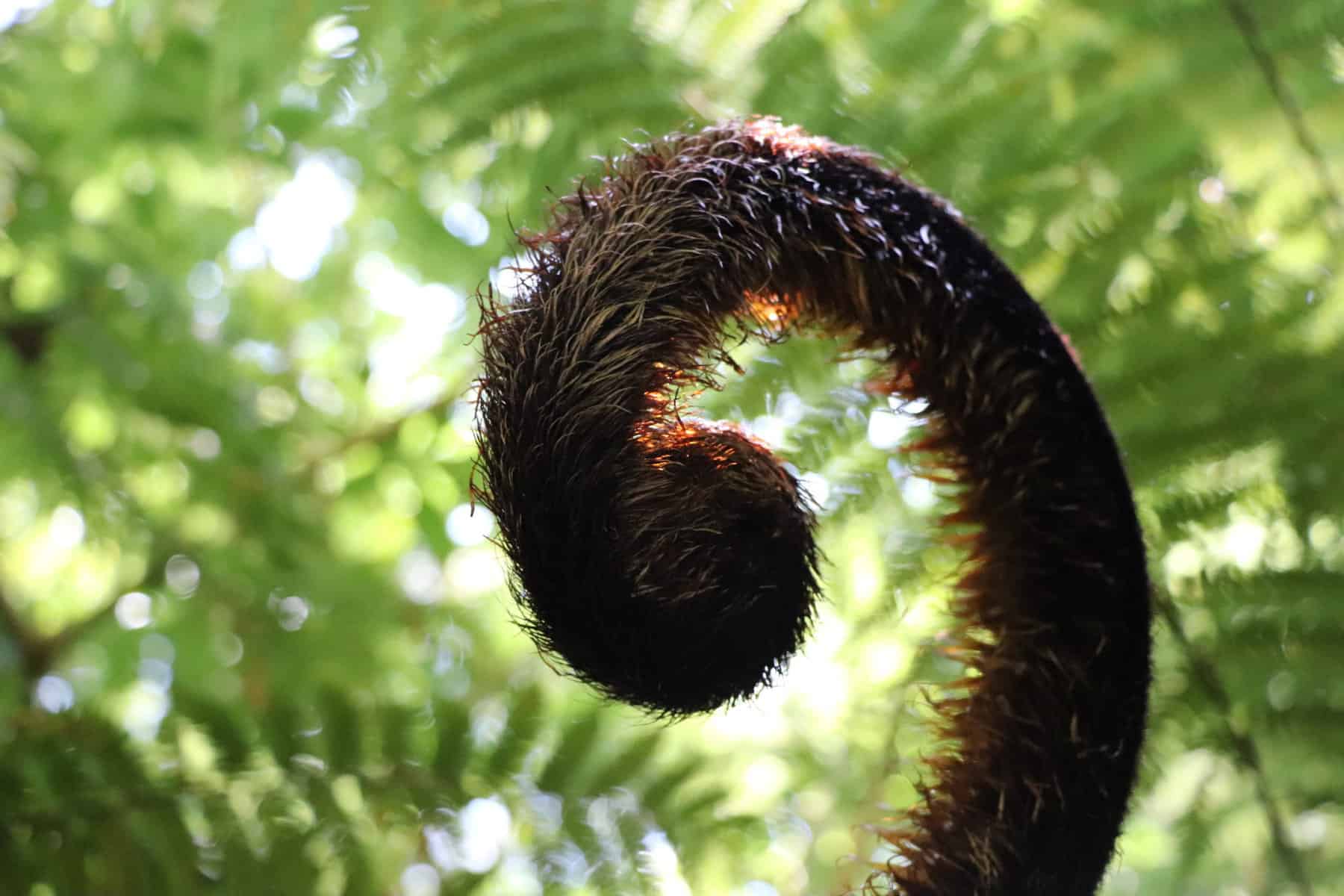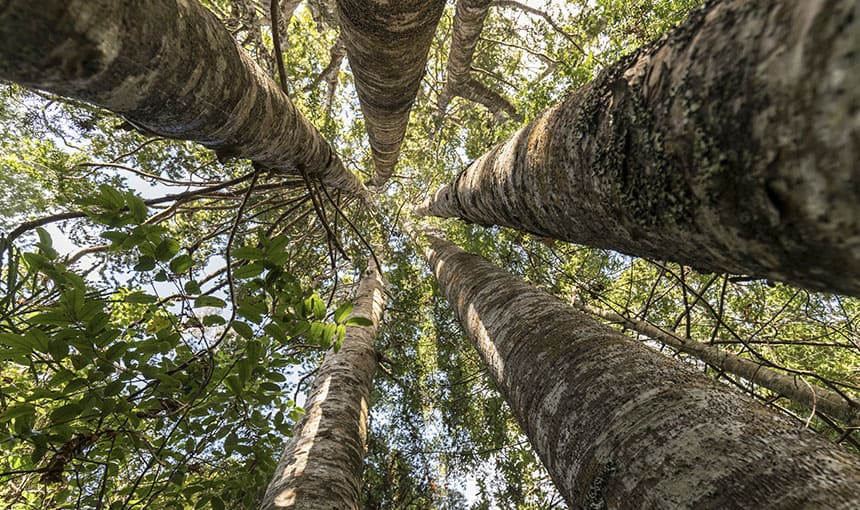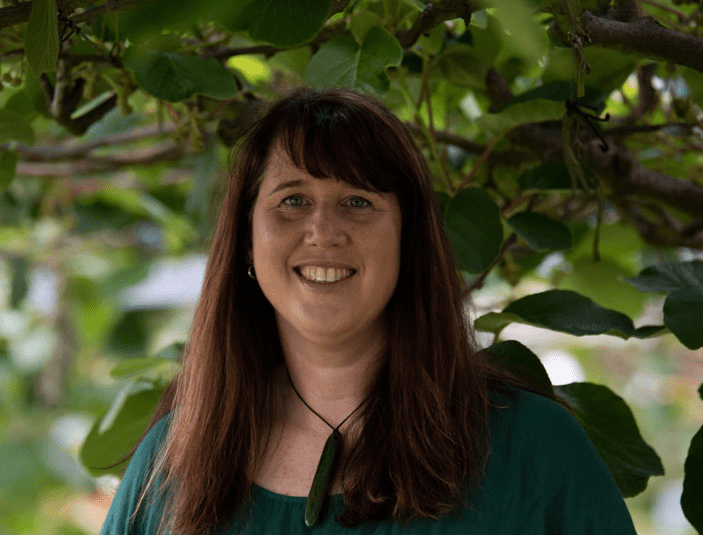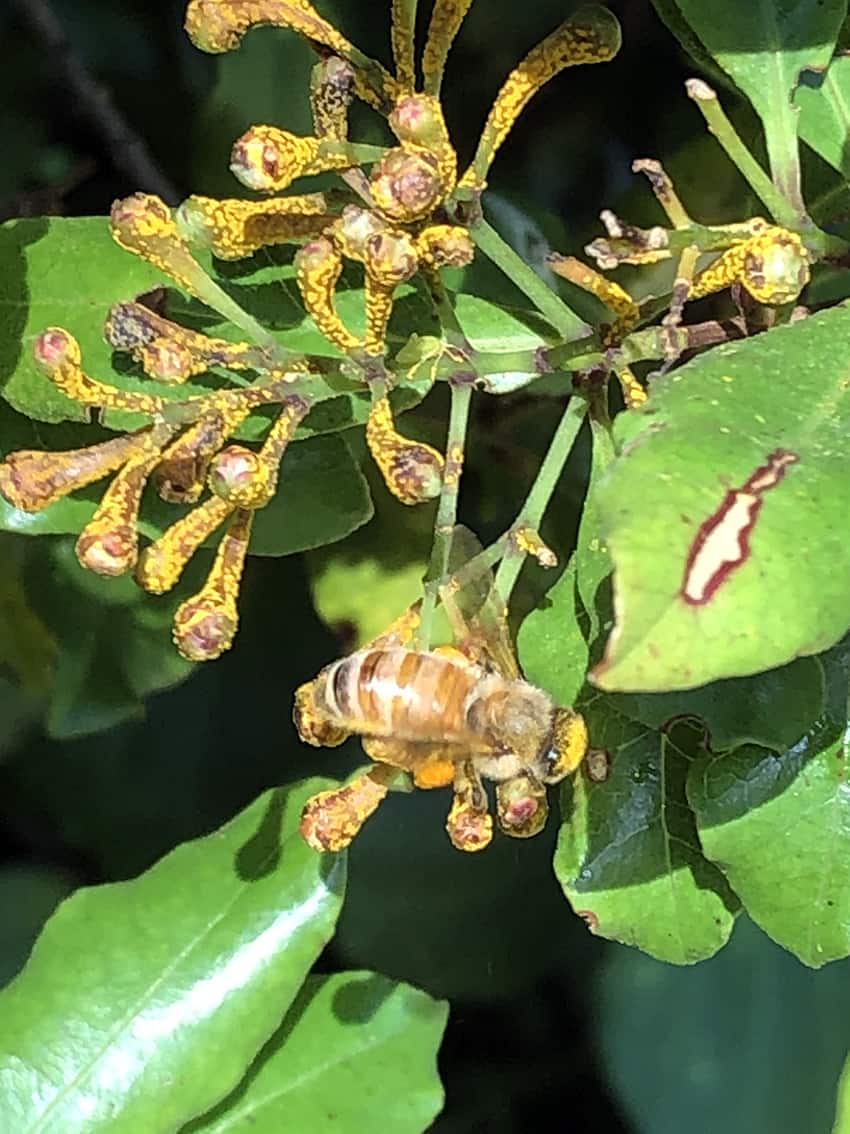Every winter, Beyond Myrtle Rust asks gardeners to prune their lilly pilly hedges to help prevent the spread of myrtle rust, a deadly plant disease caused by the fungus Austropuccinia psidii. New growth encouraged by pruning is less likely to be infected by A. psidii in winter.
Relational values provide common ground and expose multi-level constraints to cross-cultural wetland management
The Challenge is pleased to be able to support Corinne Bataille in her ongoing commitment to working with tangata tiaki and growing valuable social-ecological research capacity in Aotearoa New Zealand.
Get to know Kaihautū Ngātahi Professor Shaun Ogilvie
The Challenge’s new Co-Director was drawn to the role by a desire to play a part in research that is guided by Te Tiriti o Waitangi.
New co-lead for Host, Pathogen & Environment
The Challenge is pleased to share that Dr Nari Williams is confirmed as the new co-lead for Theme 6: Host, Pathogen & Environment.
Kaurilands Summit 2021
Over 120 attendees representing community groups, iwi, research organisations, councils and government agencies came together online for the inaugural Kauriland Summit in June 2021. The Summit was split into three distinctive sections to reflect the BioHeritage’s priority areas: Whakamana, Tiaki and Whakahou (Empower, Protect and Restore). Each of the seven Ngā Rākau Taketake research themes were […]
Myrtle rust found on Aotea
The myrtle rust pathogen has been discovered on a pōhutukawa seedling on Aotea Great Barrier Island.
Better Border Biosecurity (B3) funds new projects to protect Aotearoa’s plants
Better Border Biosecurity (B3) has announced $1.6 million in funding for new research projects.
Connected to the Science Advisory Panel
The newly formed Science Advisory Panel for the Ministry for the Environment’s Chief Executive has strong links to Biological Heritage, with three of its seven members having connections to the Challenge.
The introduction of Phytophthora agathidicida to Aotearoa
Ngā Rākau Taketake scientists do not support claims that “kauri dieback was not so a recent arrival” and recommend no changes to current kauri dieback management.
Professor Shaun Ogilvie appointed as Kaihautū Ngātahi, Co-Director-Māori
The Biological Heritage National Science Challenge and Manaaki Whenua Landcare Research are very pleased to announce that Professor Shaun Ogilvie has been appointed as the Kaihautū Ngātahi, Co-Director-Māori, for the Challenge. Shaun is taking on this role as part of his appointment as Professor of Ecology and the Environment at the Ngāi Tahu Research Centre, […]
Profile: Dr Beccy Ganley
Hailing from Plant and Food Research, Beccy brings to the team a long history of working in the myrtle rust and kauri dieback research space, making her an excellent candidate for the NRT Science Leader role.
Honeybees observed harvesting myrtle rust
An observation of bees harvesting myrtle rust spores in Auckland has recently been reported – a behaviour which is concerning to scientists.
